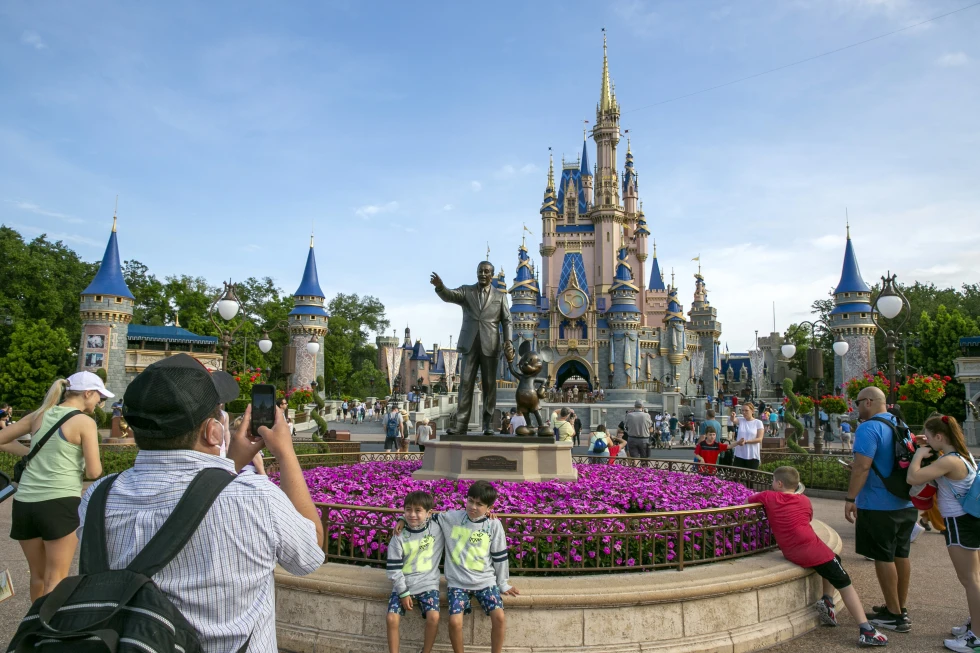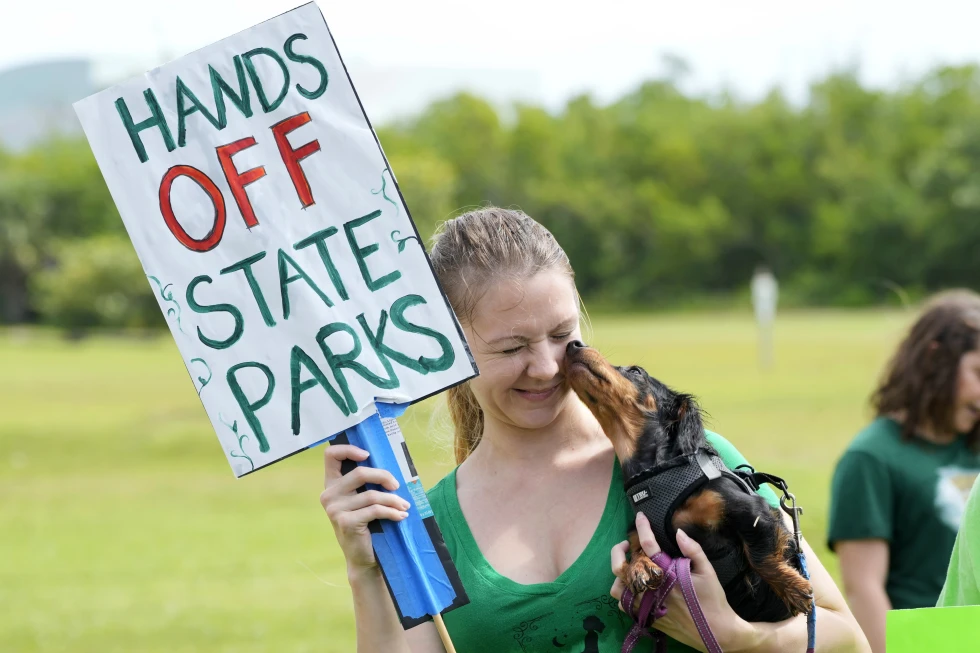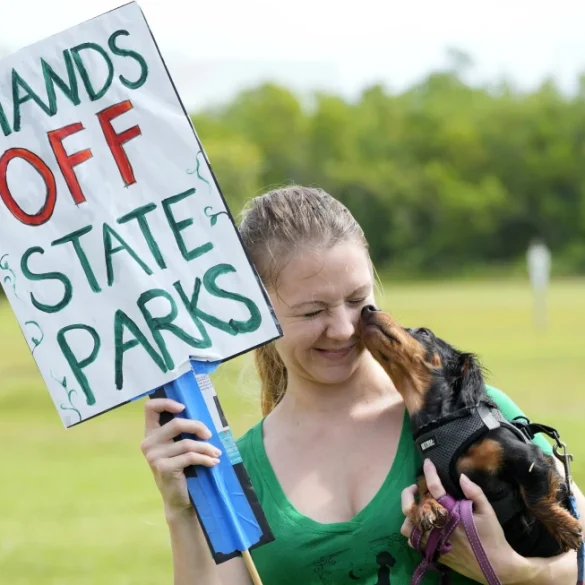Millions of Florida residents and tourists who visit state parks each year will continue to enjoy them without new golf courses, hotels, or sports complexes. This comes after Republican Governor Ron DeSantis signed a law stopping his administration’s earlier plans to allow more types of development on protected land.
The law was created after protests from both political parties last summer when the development plans were made public. DeSantis has since said he was not aware of the proposal. He signed the new law on Thursday, and it will start on July 1.
Eve Samples, head of Friends of the Everglades, called it a “huge win” against strong business interests that wanted to build on protected land.
“People really want to build golf courses on some of our more protected lands in the state,” she said.
According to the lawmakers who sponsored the measure, the law will help protect natural areas while still allowing the public to enjoy activities such as boating, swimming, and camping. It also requires at least 30 days’ notice before public meetings about changes to conservation land.
The governor’s office did not respond to questions on Friday. DeSantis signed the law just days after a similar plan failed, where a company tried to exchange some of its land for state-owned conservation areas. That effort was stopped by another round of opposition from both political sides.
Unlike heated issues such as immigration, abortion, guns, or LGBTQ+ rights, state parks seem to matter to most Floridians, no matter their party.
The new law passed with full support from both the Florida House and Senate, which are led by Republicans. Sierra Club Florida said it was a major win for local activists in a politically divided state.
Last year, many supporters of nature and conservation showed up at state parks with signs reading “Save Don’t Pave” and “Parks Over Profit” to protest the development plans.
The move to stop DeSantis’ administration from going forward with the project shows that even Republican support for the governor has started to fade. Until recently, GOP lawmakers rarely went against him, and DeSantis is known for punishing those who do.

But for Florida’s state parks, which many see as some of the last natural areas in a rapidly developing state, lawmakers from both parties took a strong stand. Much of the state’s coastline and wetlands have already been replaced with hotels, motels, and shopping areas.
Republican state Senator Gayle Harrell, who helped write the law, said the rules make sure that there is “no wiggle room” for unwanted projects.
Her district in South Florida includes Jonathan Dickinson State Park, where the Department of Environmental Protection had suggested building a golf complex. That would have required tearing down a boardwalk and observation tower, moving cabins for visitors, and relocating homes and offices for park staff.
Harrell said the public’s strong reaction helped push the issue to the top of lawmakers’ to-do list.
“It took the entire state of Florida to do that,” she said. “This is democracy at work.”
After the backlash, DeSantis said he did not approve any of the proposals that would have allowed building resorts and sports centers in the parks.
Shawn Hamilton, the environmental secretary DeSantis chose, stepped down after heavy criticism from both parties. In November, DeSantis named Alexis Lambert to lead the agency instead.









